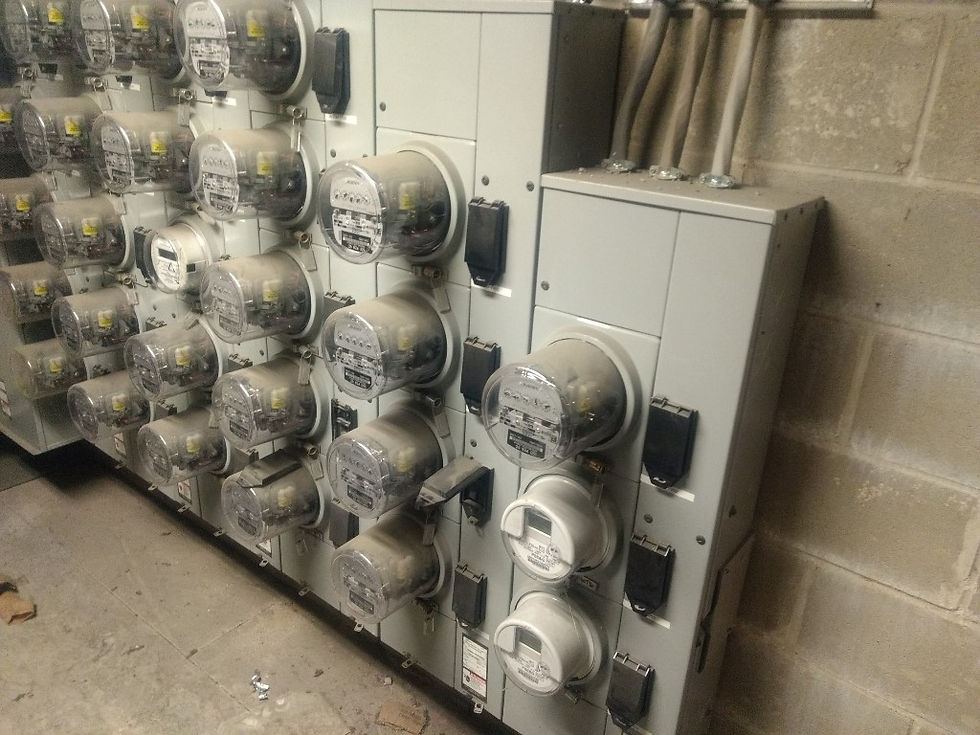Does My Project Need a Commissioning Report?
- Built Engineers

- Dec 31, 2022
- 1 min read
Updated: Feb 1, 2023

The purpose of commissioning documentation is to serve as the historical record of the "what, why and how" of key delivery team decisions throughout the planning and delivery process. Commissioning documentation becomes the road map for the success criteria to be met by facilities that are put in service.
The documentation process for new construction projects and the commissioning process must be carefully planned, coordinated, and organized. Revisions in the New York City Energy Conservation Code (NYCECC) have changed the way commissioning is integrated into the permitting and sign-off process. Commission ensures the efficient overall function of each installed component.
When is Commissioning Required?
Per the TR8 form, “Commissioning is required for applications where C408 or ASHRAE 90.1 Section 6.7.2.4 requires commissioning.”
This means systems that may require commissioning include, but are not limited to:
Heating, cooling, air handling and distribution, ventilation and exhaust systems
Air, water and other energy recovery systems
Manual or automatic controls on energy using systems (e.g., temperature controls)
Plumbing
Mechanical heating systems
Service water heating systems
Refrigeration systems
Renewable energy and energy storage systems
These systems naturally have exceptions to commissioning requirements. Systems that fall under the following thresholds for total mechanical equipment capacity being installed for mechanical, renewable energy and service hot water systems are exempt from the commissioning requirements:
Less than 480,000 Btu/h cooling capacity
Less than 600,000 Btu/h heating capacity
However, the design applicant is responsible for determining whether commissioning is required, and for what specific applications, during the design phase. The design applicant is required to check the appropriate box in Section 4 of the TR8, stating whether commissioning is required.






Comments